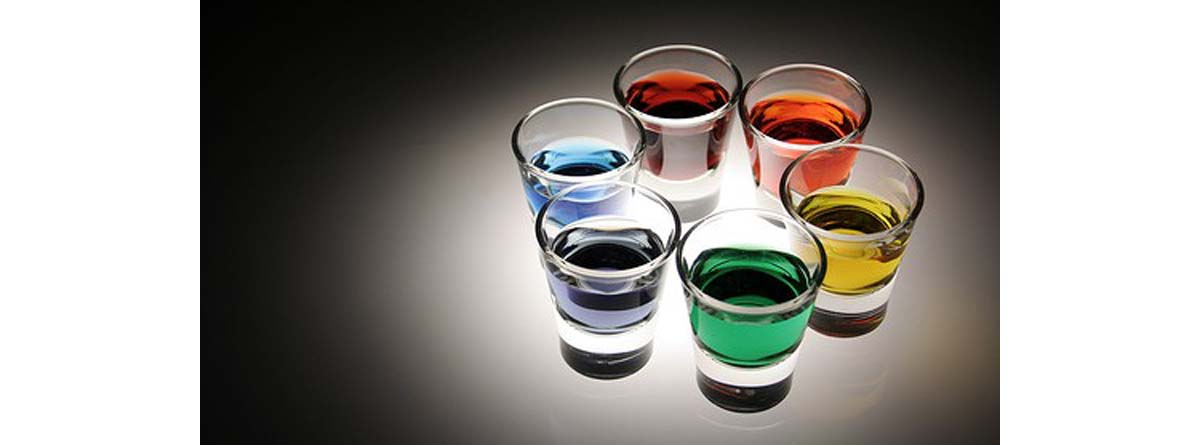Table of Contents
How would you feel if you found out your doctor had given you a placebo, in other words a "fake medication" that would not specifically treat your condition, but was a sugar pill designed to "keep you happy"? Does it matter what the ingredients of the medications you were prescribed are, so long as you feel better after taking it?

What are placebos?
Placebo means ‘I please’ and placebo treatments with no active ingredients, which are given purely to please, have been administered since time immemorial. For most of that time it was believed that they fulfilled a need to maintain patients’ faith in medicine, when the doctor really had nothing he/she could – or wanted – to offer them. (And before the modern medicines we have today became available, doctors often had very little to offer, other than placebos).
What form do placebos take?
Placebo treatments have been in use in all different forms through the ages. In older times they might have been what were called ‘bread pills’, or bottles of colored water that looked potent. In more modern times injections of water under the skin (IVs) and sugar pills have been given. Nowadays some might consider the prescribing of multivitamins or tonics, to be the modern equivalent of placebos ie something not intended to treat a specific condition.
Are placebo treatments completely useless?
For many years it was thought that the only benefit of placebos was psychological.
It was thought that the lower the person’s intelligence, the more likely they were to be influenced by placebo. But in 1955 the first work was published which alleged that the effects were not all in the mind, but that placebos do actually bring about physical effects.
This figure has been confirmed by more than one piece of research.
In modern clinical research there is also something known as the placebo ‘effect’, which applies equally to active as well as to ‘dummy’ medications.
- Kaptchuk TJ. Powerful placebo: the dark side of the randomised controlled trial. Lancet, 1998, 351, 1722-25
- Lichtenberg P. The Role of the Placebo in Clinical Practice. Mcgill J Med. 2008, 11(2), 215–216
- Lichtenberg P, Heresco-Levy U, Nitzan U. The ethics of the placebo in clinical practice. J Med Ethics 2004,30,551–554
- www.ncbi.nlm.nih.gov/pmc/articles/PMC2582669/
- www.ncbi.nlm.nih.gov/pmc/articles/PMC1733989/pdf/v030p00551.pdf


Your thoughts on this